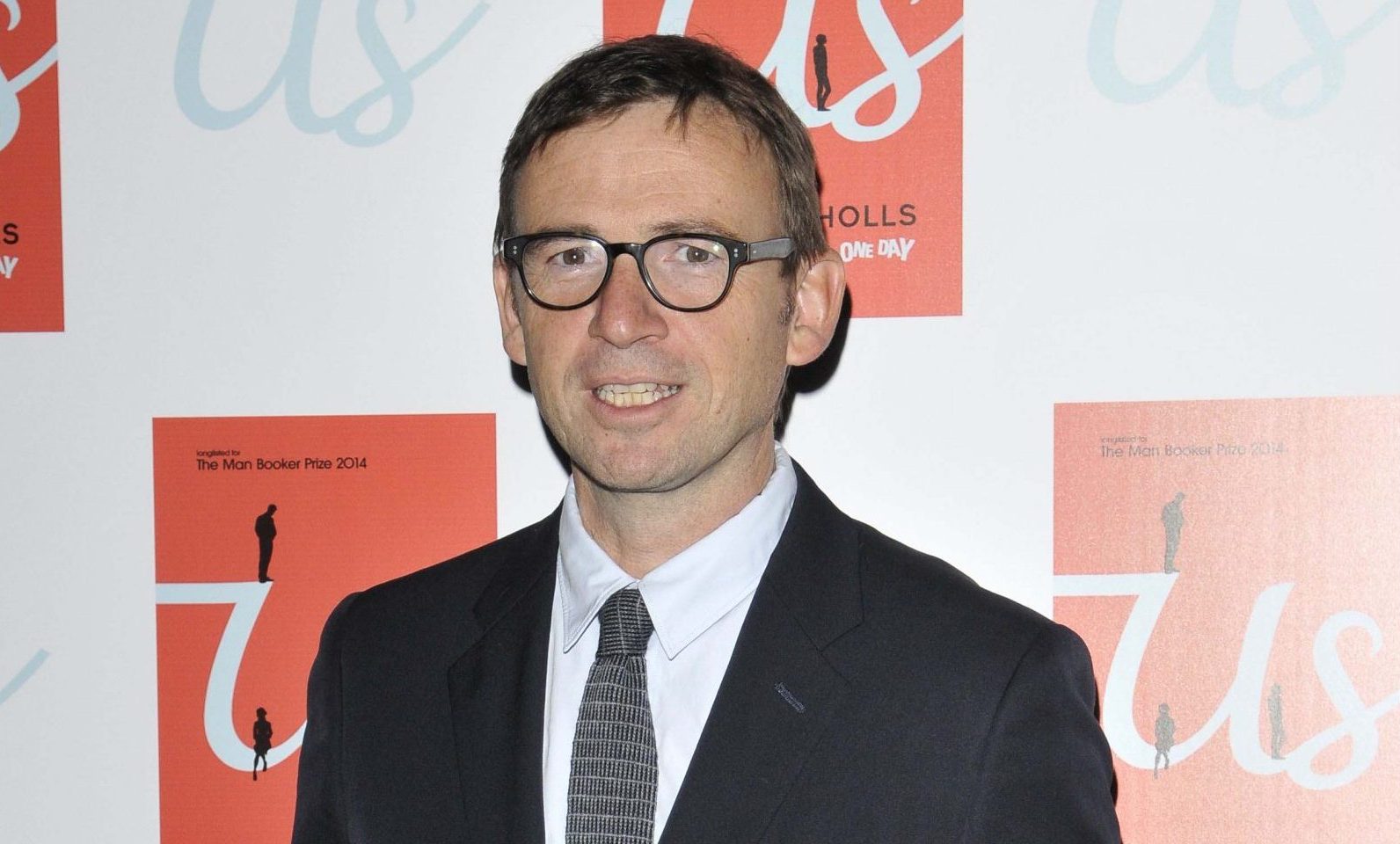- Although the initial synopsis of a couple’s divorce and travelling for three weeks with their teenage son seems obscure, Us captured the failure, remorse, redemption and ultimately peace of separation.
At the end of last month, the BBC released its adaptation of David Nicholls’ novel Us.
The four-part series depicts the story of Douglas (Tom Hollander) attempting to save his marriage to wife Connie (Saskia Reeves), who wants to leave him.
The couple embarks on one last summer together interrailing around Europe with their son, Albie (Tom Taylor).
Nicholls, who also wrote the series’ script, cleverly flicked between the past and present of Douglas and Connie’s 21-year relationship, creating a running sense of nostalgia throughout.
This structure ultimately reveals the ins and outs of what has led to the demise of their relationship today.
In an interview with Express.co.uk Nicholls talked of the struggle of putting two timelines together, from novel to script.
It is “very difficult to put on screen, obviously, the travel but also then skipping around. There are, 180 chapters, and it’s very fluid within a novel”, he said.
The series was a success with mass engagement, Thinkbox confirmed 3,892,000 viewers in total for the third episode.
After the first episode aired, the series was added to BBC iPlayer.
Perhaps the reason audiences have engaged with Us is because of its realistic subject matter.
The multitude of relationship and family issues portrayed are complex but ultimately relatable: Divorce, separation, death, conflict, parent-child relationships, and adolescence.
Viewers are bound to relate to at least one of the topics discussed.
Despite the list of sombre subject matter, there is an air of positivity to such failures which Connie’s character brings. This seems to be the takeaway message for watchers.






